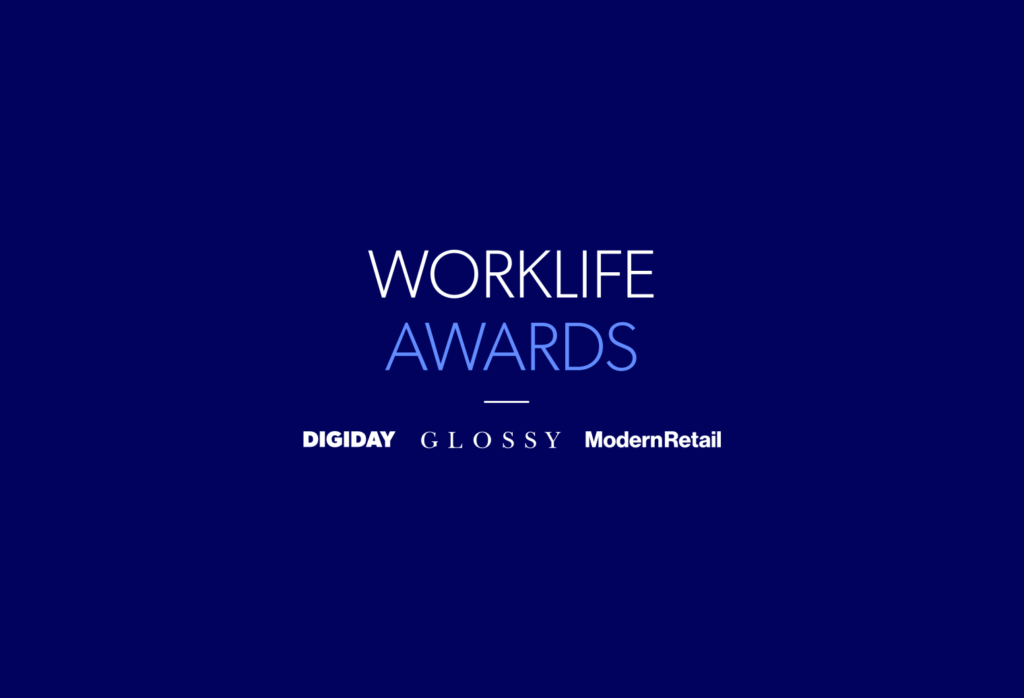‘Paid leave is too important to be relegated to a perk in talent wars’: Agencies aim to reshape shared parental leave policies
Company policies to give parental leave for all genders are uncommon — but those that do exist are failing to make any real impact on gender equality in the workplace, according to some business leaders who spoke to Digiday.
In the U.K. campaigners have called for a complete overhaul of the SPL (shared parental leave) system and agency leaders agree: it’s time to advance the narrative independently of legislation and government support.
“[SPL is] a wonderful thing that just doesn’t work most of the time,” said Dan Cullen-Shute, CEO of independent agency Creature London. “When we get to genuine equality between what people are paid and how they’re being supported, then it becomes a no-brainer.”
SPL in the U.K. allows both new parents to share a year of leave at a set government rate of around £152 ($215) a week. But it has been heavily criticized for all its complex requirements, including cross-company communication among the primary caregivers’ respective HR departments. Only 4% of qualifying families have taken up the offer, while many others find it financially unviable, according to charity Maternity Action.
In Norway, it’s a different story. Here the majority of parents share parental leave, with both entitled to a combined 49 weeks fully paid leave, and 15 weeks of this allocated to each parent individually. Kim Ydse Krogstad, country manager of Norwegian media agency group North Alliance, has taken two rounds of 10-week-long SPL alongside his wife, a newspaper editor.
“The most important driver for the increased uptake of SPL in Norway is clear legislation defining a minimum share for the father. Also, companies should cover the difference up to full pay,” he said.
But many believe the U.K. version is in desperate need of an overhaul. Creature’s Cullen-Shute wanted to take SPL following the birth of his son in 2015, but being the higher wage earner meant it wasn’t viable.
The agency has since enhanced its SPL so employees who have worked there more than a year can take 13 weeks full pay before reverting to statutory, and those with four years service can access 26 weeks full pay — on par with its maternity leave. It’s a new policy, and uptake has been low, which Cullen-Shute attributes to the complexity of SPL, and the concept needing a “rebrand” for it to make more sense to employees. Employers should also raise awareness of what’s offered to increase uptake, he added.
That’s why he advocates for all new parents to receive the same leave regardless of gender and perceived status as a primary or secondary carer, which Creature is working on.
Such a system is already in place at companies like insurer Aviva, which offers six months full pay to all parents, with 84% of new fathers taking this up. Netflix, Twitter and Facebook also offer equal parental leave, at 52, 22, and 17 weeks paid leave respectively.
Others believe that offering an equal parental leave policy won’t be enough to shake prevailing cultural norms …read more
Source:: Digiday





